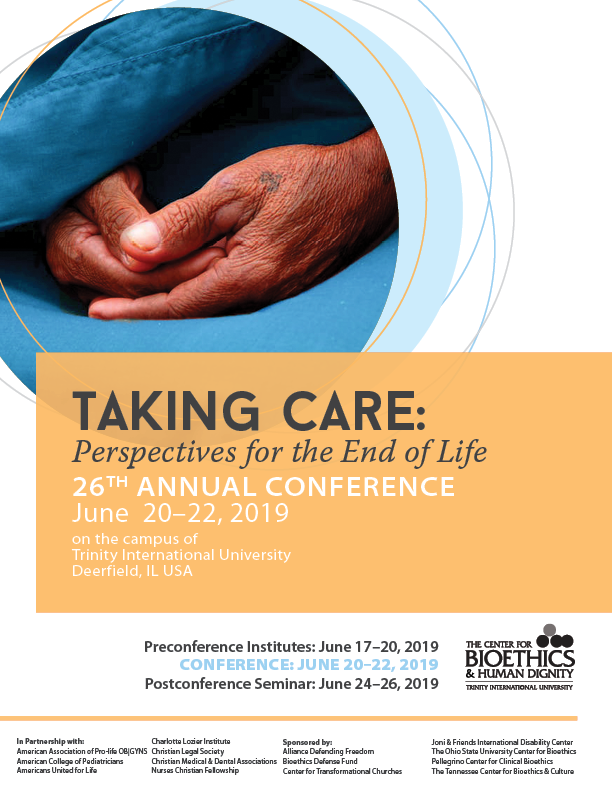
Attention to the topic of mental illness has noticeably increased in recent years. With every new tragic report of a celebrity suicide or unconscionable mass shooting, the call for more open and productive discussions of mental health is issued, whether heeded or not. Many brave women and men have shared their own stories to battle the ungodly shame and stigma, and Christian leaders are starting to address the Church’s insufficient response to the matter (which has often ranged from merely neglectful to sadly harmful). This is certainly a commendable step in the right direction. However, these responses are essentially reactive. They demonstrate (sometimes very well) how to respond sensitively to the sharing of something very vulnerable, or how to ensure the immediate safety of an individual. But they do not display a rigorous theology of mental illness. My project aims to develop that, primarily by articulating a Christology of mental illness and how it can inform our witness to the world. If Christ truly became incarnate with a body like ours, then he has intimate familiarity with the limitations and frustrations of neurotransmitters. The world is paying close attention to mental illness right now, and people are trying to learn how to love themselves when their bodies fail them. My project will address the significance of Christ’s incarnation and ascension to the experience of mental illness, the distinction between love of self and lust for self, and how an orthodox doctrine of creation supports evidence-based treatment for mental illness.